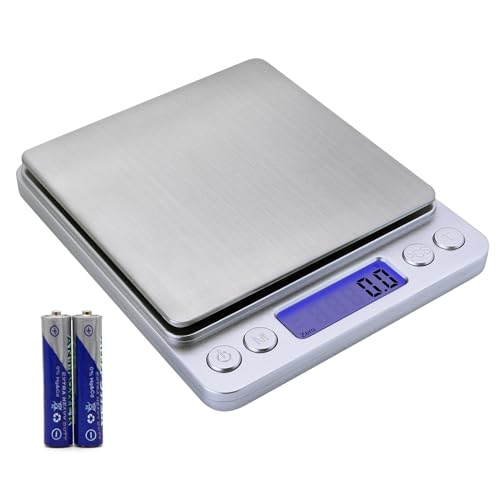Petroleum products in soap:
http://www.soapmakingforum.com/showthread.php?t=7114
http://www.soapmakingforum.com/showthread.php?t=10966
http://www.soapmakingforum.com/showthread.php?t=45440
Obviously solvents are sometimes used in soap, but I personally would not use solvents in a soap to wash delicates. Solvents are better suited for very greasy chore clothes and dirty, greasy hands.
Synthetic detergents have a lower pH. If you are concerned about color fading, the higher pH of lye-based soap may be one reason why this is happening. Switching to a syndet is the way to prevent this problem.
Edit -- About borax --
Some old recipes for bar soap call for adding borax. Some recipes for liquid soap also call for borax to be added. In both cases, the borax is added to be a neutralizer for excess lye. Most people trot out that borax is an alkaline chemical and a "buffer" to boot, so it can't possibly neutralize lye. They're wrong.
Borax (sodium borate) is the salt of a weak acid (boric acid) and a strong base (sodium hydroxide). This parentage creates what chemists call an alkaline "buffer". A buffer is a chemical that "wants" to bring the pH into a specific range that is characteristic of each buffer. This means borax can act as an acid to lower a pH that is too high from the buffer's point of view. Or borax can act as an alkali to raise the pH that is too low, again from the buffer's point of view.
Soap can have a higher pH than borax, whether the soap is lye heavy or not. This means adding borax will tend to reduce the pH of the soap-borax mixture. If the soap happens to be lye heavy and sufficient borax is added to neutralize the excess lye, this buffering action is a good thing -- the excess lye and the borax will react with each other and the result will be a "neutral" soap (in other words, not lye heavy).
If too much borax is added to a soap that is not lye heavy to begin with, this buffering action can be detrimental, however. The borax doesn't have any excess lye to react with, so it will react with the next most alkaline material -- the soap itself -- to try to lower the pH to the range that borax prefers.
This means if you blindly add borax to a superfatted or neutral soap, you may be increasing the superfat of the soap.
If you look up discussions about liquid soap making on this forum where people talk about using borax for neutralization, you will see some reports that the liquid soap "breaking" into fatty acids in response to adding borax to soap that does not need neutralization. This same breakdown can happen in bar soap too. You don't see the results of this breakdown like you can in liquid soap, but it happens, regardless of whether you see it or not.
I will end with a quote from an industrial soapmaker over a century ago:
"...Another chemical commonly added to soap is Borax. In view of its alkaline reaction to litmus, turning red litmus blue, this salt is no doubt generally regarded as alkaline, and, as such, without action on soap. On the contrary, however, it is an acid salt containing an excess of boric acid over the soda present, hence
when it is added to soap, fatty acids are necessarily liberated, causing the soap to quickly become rancid...." (pg 88 )
"...Boric acid in aqueous or glycerine solutions, and borax (biborate of soda) are sometimes used [to neutralize excess alkali in soap], but care is necessary in employing these substances, as
any excess is liable to decompose the soap...." (pg 66)
W. H. Simmons, H. A. Appleton, The Handbook of Soap Manufacture, 1908. Added emphasis is mine (DeeAnna).










































